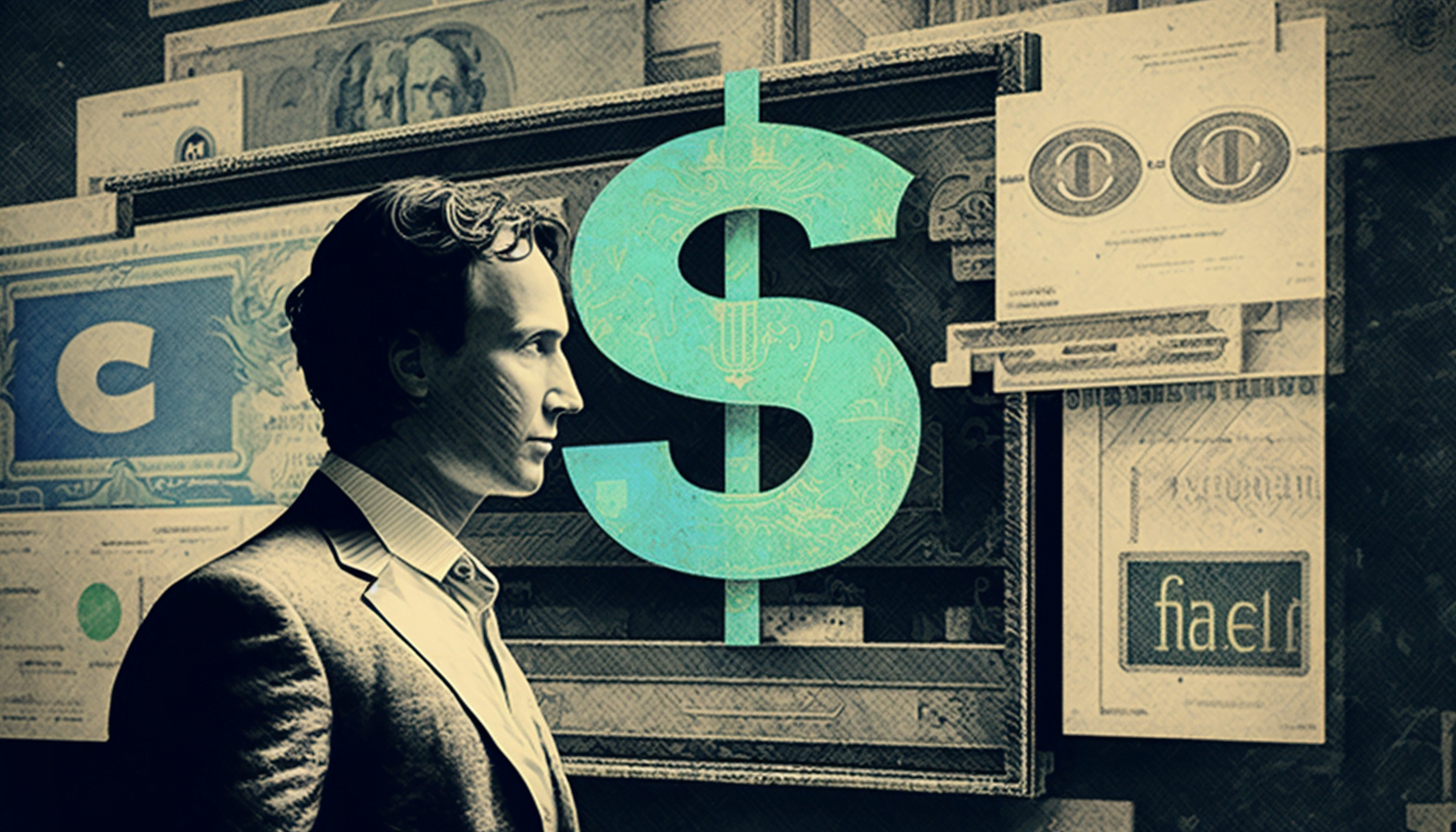AI royalties for publishers: German politicians do not want to regulate "out of reflex"

Key Points
- Recently, Google and Microsoft announced that they would be adding AI capabilities to their search engines to provide direct answers to users. This could lead to publishers receiving less traffic from search engines.
- The first German publishers are therefore demanding license fees from search engine companies for the use of large language models trained with copyrighted publisher content.
- Legislators may need to create new legal frameworks.
Update from February 24, 2023:
In the controversy with AI companies over the need to license training data, German publishers apparently cannot expect any support from politicians at this time.
Two weeks ago, the German Association of Digital Publishers and Newspaper Publishers (BDZV) and the Media Association of the Free Press (MVFP) issued a joint statement expressing their concern about the lack of licensing fees for their content used as training data for large language models such as GPT 3.5. Lawsuits over image models for unlicensed use of Internet images in training data show that the current legal situation does not provide a sufficient framework.
The German Ministry of Justice, however, sees no need for stricter measures in response to the emergence of chatbots. Publishers can already take action against the illegal use of their works "as a whole or in parts," according to a spokesperson quoted by Golem.
Other members of German Justice Minister Marco Buschmann's (FDP) party take a similar view. "Publishers and media companies also benefit from this technology, for example through AI-supported text generation," Maximilian Funke-Kaiser, spokesman for digital policy, told Golem.
The state should rather enable such technologies and not regulate them "out of reflex". Representatives of the SPD, the Greens, the AfD, and the Left Party also expressed caution.
OpenAI last updated ChatGPT with new training data in September 2021, so the chatbot can not access more recent events and information. However, Microsoft, in collaboration with OpenAI, recently announced an integration of ChatGPT with Bing, which can access current information and website data.
For example, when a new piece of hardware is released, the Bing bot can be asked for a summary of reviews from various websites without having to go to the websites themselves. The bot quotes content from the reviews or rephrases it. In this scenario, publishers are still the content producers, but without the prospect of financial compensation.
Microsoft CEO Satya Nadella said at the launch of the Bing bot that his company's top priority is to continue driving traffic to publishers' sites.
Original article from February 13, 2023:
German publishers are already reaching for the chatbot money
Publishers are worried that a new generation of AI-based search will take away their traffic - and their revenue. Will Google, Microsoft and publishers come to an agreement?
As has been the case for some time with AI image models, the question of copyright now also arises for language models. After all, ChatGPT and the like would be useless without the huge datasets on which they were trained. These datasets also contain copyrighted texts from publishers.
Now German publishers have spoken out in a joint statement to the Tagesspiegel by the Federal Association of Digital Publishers and Newspaper Publishers (BDZV) and the Media Association of the Free Press (MVFP). They propose a licensing model.
Searching for legal guidelines
The trade association Corint Media, which already mediates between search engines and publishers over the use of text snippets from a website, supports the call for "appropriate compensation" when press content is used by chatbots.
"It may be that the law will need to be tightened over time in line with technological developments," says a spokesperson for Corint Media.
In addition, publishers fear a monopoly position of search engines in monetizing content. It is unclear whether the existing German ancillary copyright for press publishers can be applied to chatbots.
If Google's search favors its own AI content over competing publisher content in terms of ranking, coverage, and visibility, this is self-favoring and discrimination against competitors by a monopolist, which must be prohibited, as in the case of favoring the national health portal or its own shopping service.
BDZV and MVFP
AI answers and chatbot searches could be traffic killers for editorial content
We are witnessing an AI arms race between the two major search engine companies, Google and Microsoft: Google has unveiled the AI chatbot "Bard," which could expand its search offerings in the future.
A more immediate threat to publishers is Google's "AI Features," AI-generated short answers on selected topics that Google will display at the top of search results, potentially eliminating or at least reducing interaction with more in-depth pages.
Microsoft is also rolling out a chatbot search for Bing based on OpenAI technology that provides full answers with further citations right on the search page. No data is available yet, but publishers have a legitimate fear that chatbot answers will significantly reduce click-through rates to external web pages.
Microsoft's chatbot can also answer questions about current events, such as commenting on news stories. Since training language models is typically expensive and not done in real time, it is likely that Microsoft accesses content already published on publishers' websites, summarizes it, and adds contextual information from the language model.
Microsoft CEO Satya Nadella promises to prioritize traffic for content creators. However, he left open how exactly the new chatbot search principle will go hand in hand with traffic redirection.
AI News Without the Hype – Curated by Humans
As a THE DECODER subscriber, you get ad-free reading, our weekly AI newsletter, the exclusive "AI Radar" Frontier Report 6× per year, access to comments, and our complete archive.
Subscribe now